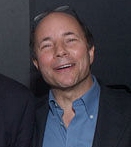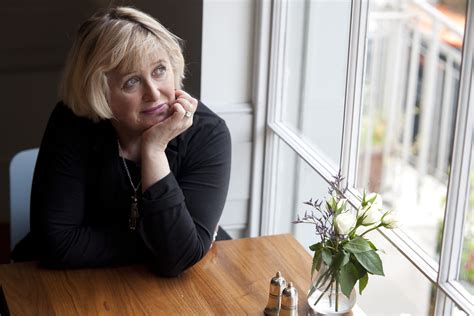A Quote by Johann Wolfgang von Goethe
Superstition is the poetry of life. It is inherent in man's nature; and when we think it is wholly eradicated, it takes refuge in the strangest holes and corners, whence it peeps out all at once, as soon as it can do it with safety.
Related Quotes
It is very difficult to be wholly joyous or wholly sad on this earth. The comic, when it is human, soon takes upon itself a face of pain; and some of our griefs (some only, not all, for it is the capacity for suffering which makes man August in the eyes of men) have their source in weaknesses which must be recognized with smiling com passion as the common inheritance of us all.
When we say, "I take refuge in the Buddha," we should also understand that "The Buddha takes refuge in me," because without the second part the first part is not complete. The Buddha needs us for awakening, understanding, and love to be real things and not just concepts. They must be real things that have real effects on life. Whenever I say, "I take refuge in the Buddha," I hear "the Buddha takes refuge in me."
A man who can do everything fully consciously becomes a luminous phenomenon. He is all light, and his whole life is full of fragrance and flowers. The mechanical man lives in dark holes, dirty holes. He does not know the world of light; he is like a blind man. The man of watchfulness is really the man who has eyes.
Poetry takes you into the recesses of the language, the neglected corners, cracks and crannies and to the big sky of wonder. It opens the door to a critique without which you have rather boring analytical tools by comparison. To cultivate poetry means to stay with it. Not to abandon hope, but to abide.
Is it wholly fantastic to admit the possibility that Nature herself strove toward what we call beauty? Face to face with any one of the elaborate flowers which man's cultivation has had nothing to do with, it does not seem fantastic to me. We put survival first. But when we have a margin of safety left over, we expend it in the search for the beautiful. Who can say that Nature does not do the same?



































